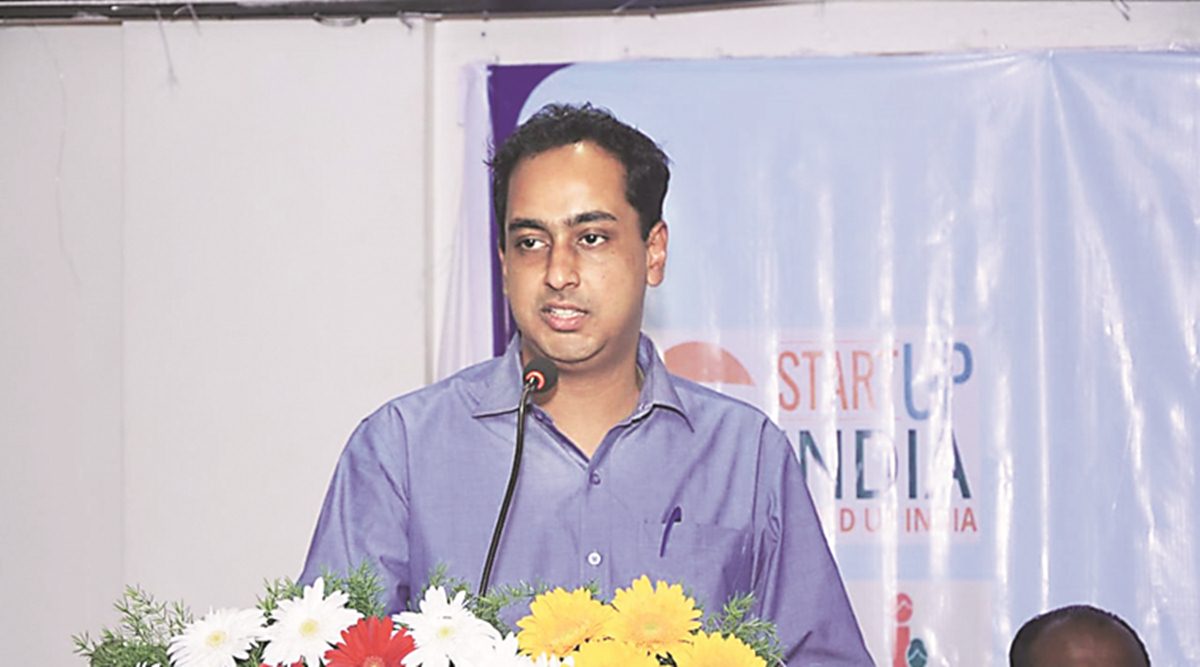 Ayush Prasad, CEO of Pune ZP.
Ayush Prasad, CEO of Pune ZP.With the Covid-19 pandemic entering its third or local transmission stage in rural parts of the district, the Pune Zilla Parishad has decided to launch a more determined day-long containment plan for 69 villages that have reported the bulk of the cases.
Ayush Prasad, CEO of Pune ZP, said this plan would work in three layers and involve more determined surveillance, testing, and treatment.
While majority of the cases are in urban areas of the district, rural areas have also reported a significant number of cases. As of September 5, rural areas have reported 24, 677 cases and 760 deaths.
On Tuesday, the first day-long containment plan was carried out at Narayangaon in Junnar taluka of the district. Dr Varsha Gunjal, a medical officer in charge, said 14,890 people were screened.
“Asha workers, anganwadi workers and teachers formed the ground force. 100 such teams carried out the survey using pulse oximeter and thermal guns,” he said.
The first day of the survey reported 70 suspected cases and 53 people were tested using rapid antigen kits. Of those, 13 tested positive and, as all of them were asymptomatic, they were sent to the Covid care centres for further treatment. During the survey, marketplaces were sealed for a specific time period and 100 per cent survey was conducted.
“85 per cent cases are from 69 villages spread over six talukas of the district. Our strategy will be focused in these areas and the aim will be to control the spread of the infection there,” Prasad said, adding that the strategy was also drawn on the lines of election strategy followed by the district authorities.
In the first level of containment, teachers will visit houses for a survey in identified villages. Suspected cases will then be sent to screening centres, where doctors will conduct screening through antigen test kits. Those who test positive, but are asymptomatic, will be sent for home quarantine, while those who are symptomatic and test negative would be further sent for swab testing. Depending on the severity of symptoms, patients will be admitted to Covid care centres or dedicated Covid hospitals.
Along with the local population, district authorities have also started keeping a tab on pharmacies to track the sale of flu medication. Prasad said this would help them identify cases that might otherwise go undetected.
On Monday, Pune became the first district in India to cross two lakh cases. At present, the district has the highest number of cases in the country, leaving its health authorities stretched to the limit.